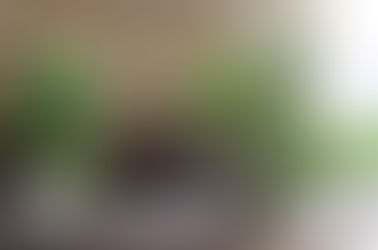Daily Plant: Kangaroo paw
- David Ericksen

- Aug 17, 2017
- 2 min read
Kangaroo paw is a native Australian plant found naturally in southwest Western Australia, In recent years it has become an increasingly popular plant as an eye catching piece to add to your garden. There are 11 species of the kangaroo paw each with differing colours or a blend of two, in fact the red and green kangaroo paw is Western Australias floral emblem which is pictured below.

In terms of maintenance and keeping a healthy paw there a two main things to consider, and they are how bad are the frosts in your area? and secondly is fungal diseases. With frosts being one of those unavoidable things in gardening it is best to plant kangaroo paw in a position that in spring and summer gets plenty of warm sun and in autumn and winter is protected from cold winds and excessive rain and of-course those icy mornings. As for fungal diseases these plants are not totally disease resistant/tolerant, and the fungal disease in question is called ink spot. Trying to grow kangaroo paw in cold wet conditions can bring on Ink spot, but as kangaroo paw matures the vigorous growth can decline making the plant open to this disease. As with most diseased plants they can spread to other healthy plants and can still remain even after removal of the effected plant as funguses give off spores into the air and soil.


But don't be discouraged the kangaroo paw has a great track record for being a stand out in the garden and not just to show off to your friends but for the wildlife too as pollination off the plant is reliant on birds, and that is what our gardens are for, to be a connection to nature and its inhabitants.

Pictured above is whats called Black kangaroo paw or Bush eclipse, this type of kangaroo paw is difficult to keep alive in humid climates as ink spot kills the plant in most cases, A stunning variety that generally only last a few years if looked after correctly so i guess that is why they call it the Bush eclipse. Thanks for reading and have fun in the garden.
































Comments